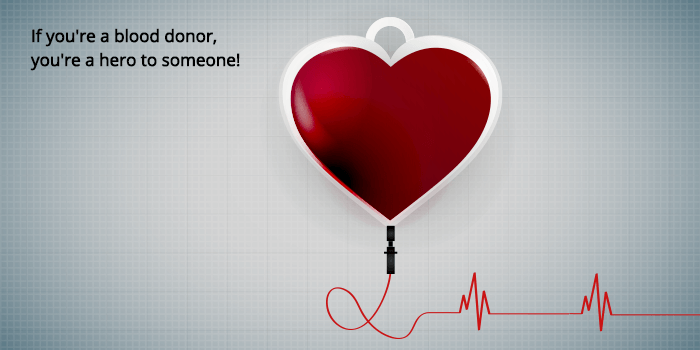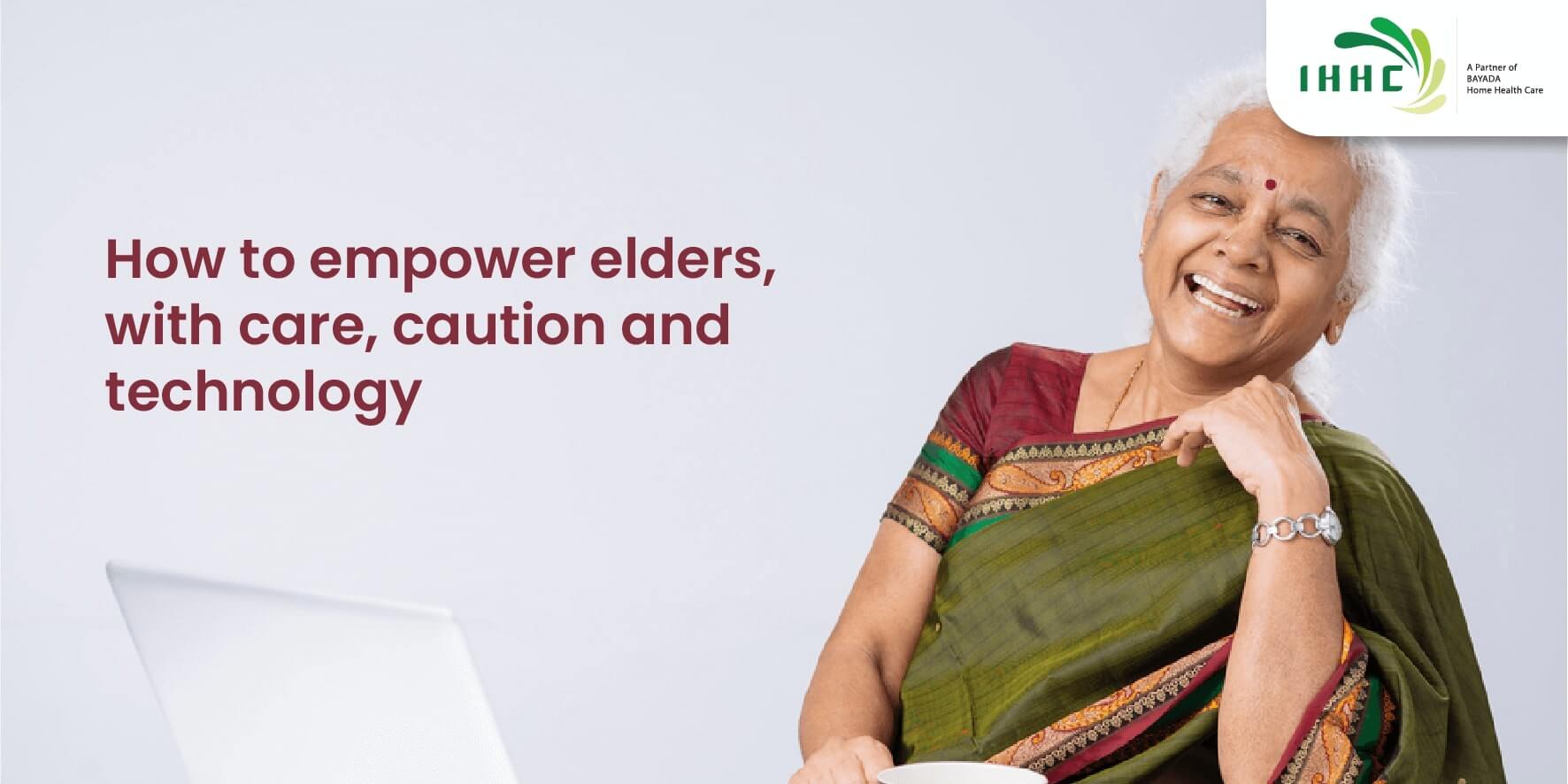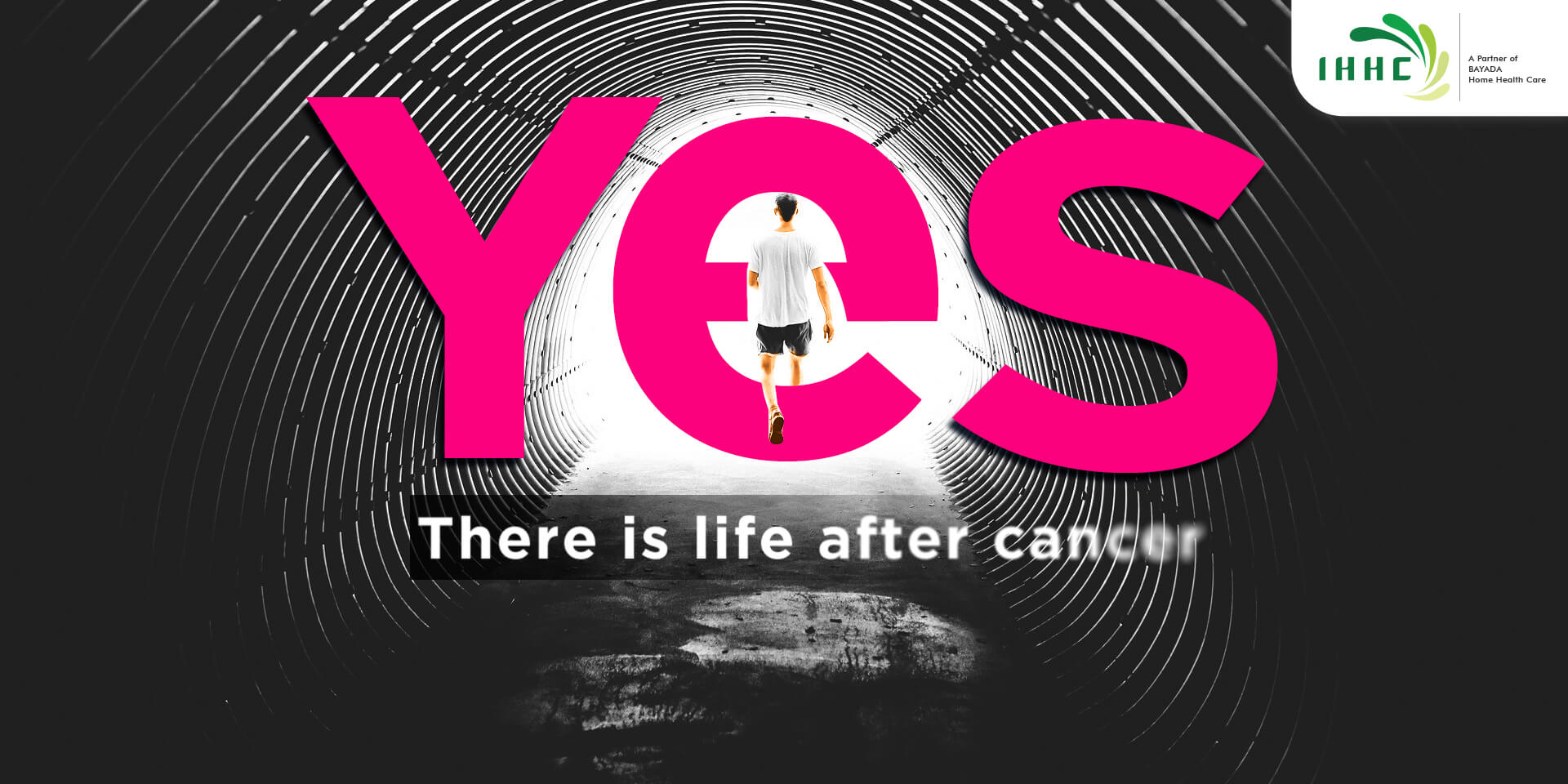Is there a need for home healthcare in India?
World Blood Donor Day 2018: Giving blood will never go in vain.Donate blood today and save a life tomorrow. #WorldBloodDonorDay.
Blood donors are the unsung, unheralded, unknown heroes of today. People who donate blood save the lives of many. Victims of accidents… Live threatening diseases… Critical and complicated operations…people who live because people like you donate their blood.
This day, 14th June, marks our appreciation and thanks to all of you - unpaid blood donors, for your life-saving gifts of blood and to raise awareness of the need for regular blood donations. Every year, on this day, countries around the world celebrate World Blood Donor Day. This year's theme is "Give blood. Give now. Give often".
Did you know that less than half a litre of blood donated can save more than three lives? Consider this: If you began donating blood at age 18, and donated every 90 days until you reached 60, you would have donated 113 litres of blood, potentially helping to save more than 500 lives! But, though there are no harmful effects of blood donation on the body, there is an acute shortfall of more than 1182941.182 litres annually in India.
Reasons for donating blood
There is a huge demand for blood in hospitals and clinics. Often the sick and critically hurt die because they are not able to cope with the loss of blood. The blood donated is used to:
- Replace blood lost due to injury
- Replace blood loss during major surgeries
- Help patients with blood disorders, like haemophilia, to survive
- Help burn patients receive plasma that may be critical for their survival
- Raise haemoglobin levels (through transfusions) in patients with chronic ailments such as kidney diseases, cancer and anaemia
Can everyone donate blood?
Some basic health conditions have to be met. A donor should:
- Be between 18 - 60 years old
- Have a haemoglobin count that is not less than 12.5 g/dl
- Weigh not less than 45 kg
- Have normal body temperature at the time of donation
- Have normal blood pressure at the time of donation
- Should be free of any disease at the time of donation
- Should not have taken any medicine in the last 48 hours before donating
- Should not have contacted jaundice in the previous three years
Who cannot donate blood?
- Pregnant or lactating women
- Those who have recently had an abortion
- Persons on steroids, hormonal supplements or certain specified medication
- Persons with multiple sexual partners
- Alcoholics and drug addicts
- Persons who have recently suffered attacks of jaundice, rubella, typhoid or malaria
- Persons who have had surgery in the previous six months
- Persons who have consumed alcohol in the 48 hours prior to donation
- Women who are menstruating
- Persons with any systemic disease such as heart disease, kidney disease, liver problems, blood disorders or asthma
- Persons suffering from infections transmitted through transfusions such as HIV, Hepatitis, Syphilis, etc.
How long does the process take?
Only 350 ml of blood is taken when you donate. An average person has 5-6 litres of blood in the body. In terms of volume this loss is corrected in 24-48 hours. The red cell count is corrected in about 56 days. The actual bleeding time is about 5-6 minutes. There is a medical check-up before you donate and you will be advised some rest (for 5-10 minutes) and given some refreshment after donation. The whole process takes about 30 minutes.
How often can you donate blood?
The minimum time recommended between two donations is three months. This gap helps your blood regain its normal haemoglobin count.
Will you need to take any precautions?
Your health will not suffer because of blood donation. In fact, your bone marrow is stimulated to produce new cells. However, make sure that the donation is done in sterile and hygienic conditions; and that disposable needles are used for the blood collection.
How is blood grouped?
Blood is grouped and stored either as whole blood or as components like packed red blood cells, plasma or platelets. This is then sent on demand to hospitals. The most common type of grouping is the ABO grouping which is:
- A1 Negative
- A1 Positive
- A1B Negative
- A1B Positive
- A2 Negative
- A2 Positive
- A2B Negative
- A2B Positive
- B Negative
- B Positive
- O Negative
- O Positive
Common misconception about donating blood
- You will not feel drained or tired if you continue to drink fluids and have a good meal after the donation
- You can resume your normal activities after the donation, though you will be asked to not exercise or do any heavy weight lifting for twelve hours after donating
- Donating blood will not leave you with less blood in your body; in fact you will still have surplus blood after the donation
- While donating blood you will not feel any pain
- You will not feel faint or feel uncomfortable after donating blood. This is a very common misconception
- You will not get AIDS if you donate blood
India has a crying need for blood
Sickle cell patients can require frequent blood transfusions throughout their lives. More than one million new people are diagnosed with cancer each year. A single car accident victim can require as many as 100 units of blood. But, there is just not enough blood to satisfy our needs.
- Every year India requires about five crore units of blood, out of which only 2.5 crore units of blood are available
- Every two seconds someone needs blood
- More than 38,000 blood donations are needed every day
- A total of 30 million blood components are transfused each year
- The average red blood cell transfusion is approximately 1.5 litres
- The blood type most often requested by hospitals is type O
So, be a hero to someone. Donate blood today.




